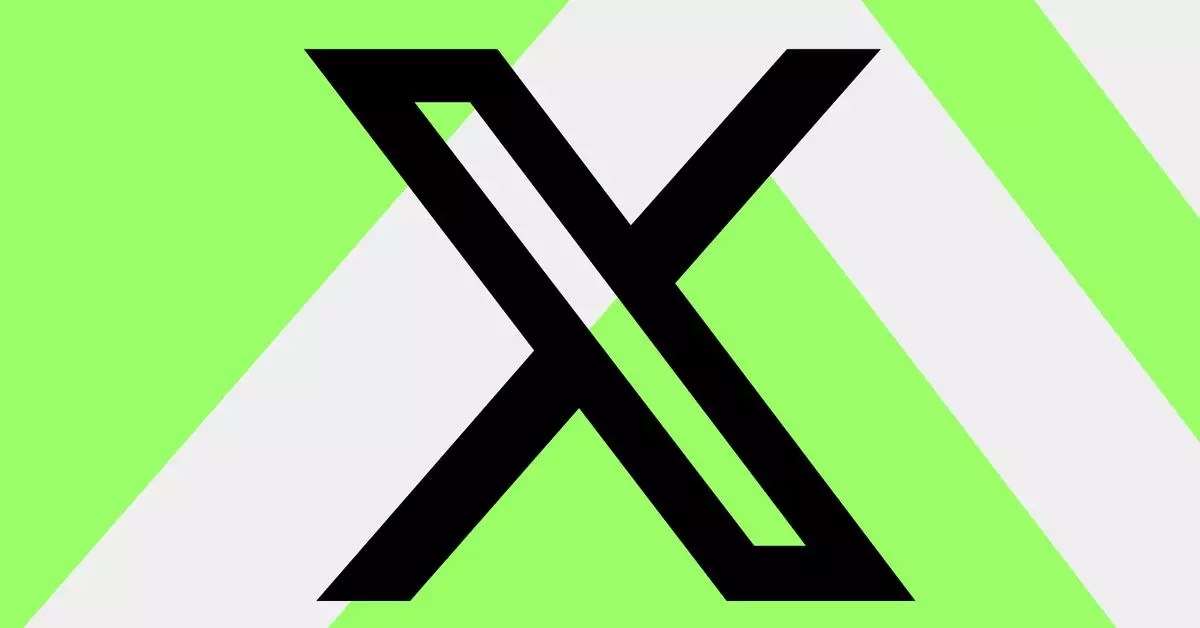The social media landscape is invariably impacted by legal frameworks and regulations that seek to manage how platforms operate. In Brazil, X, formerly known as Twitter, has been embroiled in a significant legal battle that raises pertinent questions about digital free speech and governmental authority. Recently, reports surfaced indicating that X might be on the verge of returning to Brazil following a suspension that aimed to uphold the nation’s democratic integrity. This situation underscores the growing tension between corporate decisions and regulatory compliance in digital governance.
In a noteworthy development, the Brazilian Supreme Court mandated that X adhere to certain conditions to abolish a nationwide ban. The New York Times reported that X’s legal team had acquiesced to several of these requests. The company’s actions seem to contradict CEO Elon Musk’s previous assertions to uphold free speech principles; however, the reality of the legal situation necessitated compliance. By taking down accounts deemed dangerous to democracy and paying required fines, X positioned itself to regain access to a vibrant user base that had been left in limbo.
The stark contrast in Musk’s advocacy for free speech and the operational realities of X’s legal team raises questions about the complexities of corporate governance in the wake of public relations strategies. While Musk’s rhetoric emphasizes unbridled expression, the actions taken by X reveal a commitment to operational viability within a challenging regulatory landscape.
Recently, the engagement of new legal counsel seemed to catalyze a change in X’s approach, suggesting a strategic pivot in how the platform wishes to engage with Brazilian laws. This shift indicates a deeper understanding of the delicate balance required between user freedoms and regulatory compliance. Moreover, it reflects a broader trend observed in tech companies attempting to navigate international regulations while retaining their user support base.
For Brazilian users, this development brings both hope and uncertainty. While the reinstatement of the platform promises a return to virtual connections, it also prompts concerns about the censorship of content that might oppose governmental narratives. The necessity for X to comply with local laws might inevitably lead to nuances in what constitutes free speech on the platform. In essence, the predicament serves as a microcosm of the broader challenges faced by platforms operating in jurisdictions with stringent regulatory environments.
As X prepares to adhere to the Brazilian Supreme Court’s directives, the implications of this case extend beyond the platform itself. It serves as a teaching moment for tech companies worldwide about the importance of balancing corporate interests with compliance and ethics. This narrative reveals the complexities and contradictions inherent in the quest for free speech in the digital age, compelling both users and platforms to re-evaluate their roles within the socio-political spectrum. The outcome of X’s efforts in Brazil may ultimately set a precedent for how tech firms navigate similar challenges globally, shedding light on the fine line they must walk between operational freedom and legal accountability.


Leave a Reply